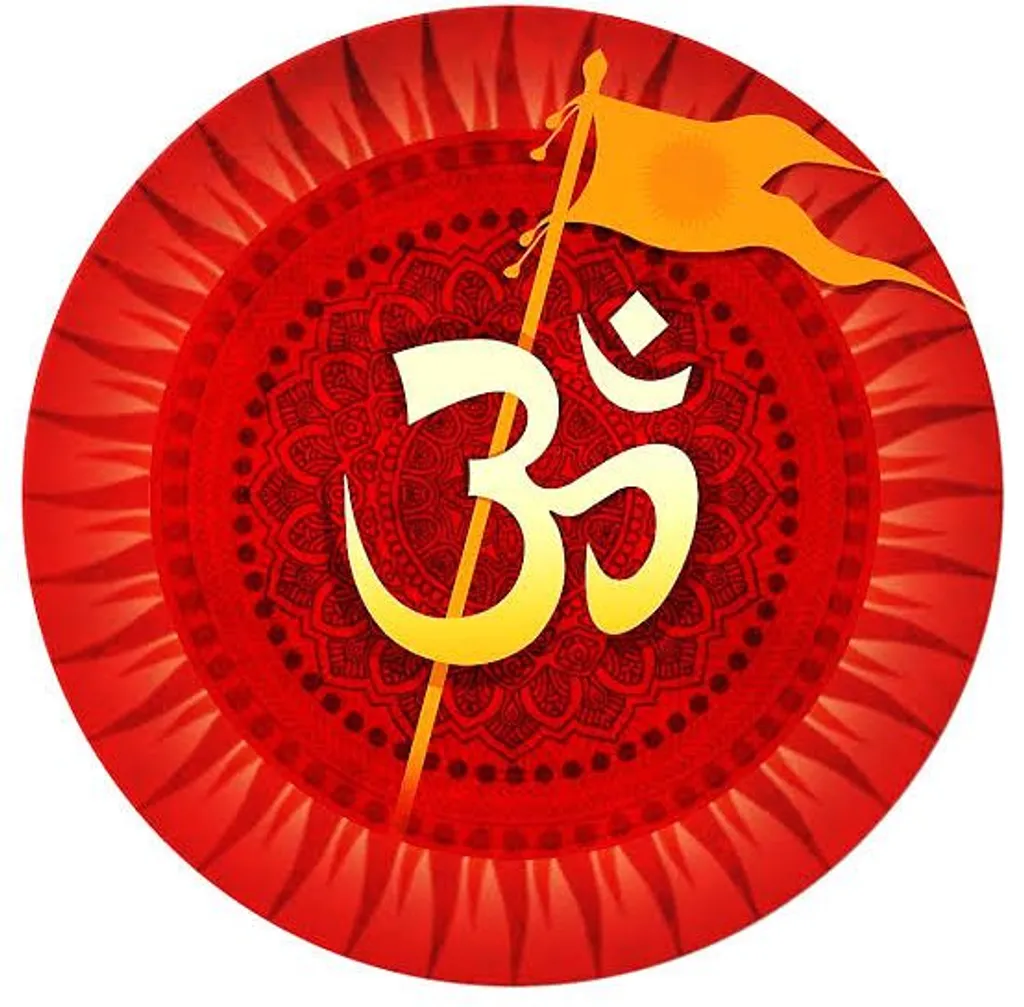Sanathanadharma is the eternal system of values and principles of life to be followed under varying circumstances of pleasures or pains, loses or gains, difficulties or comforts with a desire for the only desirable achievement in the higher worlds called salvation. In order to be established in such a dharma, it is necessary to develop a firm and consistent character that does not deviate from such principles of life under all circumstances.
Sanathanadharma is not a man made law but has been bestowed on the mankind by the creator through rishis and sages. Many people from all sections of society who lived in this dharma on this sacred land are our torch bearers to worship and follow. Lord Sri Rama is worshiped as god because he lived in sanathanadharma and is considered to be embodiment of dharma.
Despite being frequently translated as “duty,” “religion,” or “religious duty,” dharma has a deeper connotation that defies easy English translation. The source of the term itself, “dhri,” in Sanskrit, meaning “to sustain.” “That which is vital to anything” is another definition that is similar. For instance, the dharma of fire is hot, whereas the dharma of sugar is sweetness. As a result, a person’s dharma comprises of obligations that support him in line with his fundamental traits. These qualities are both material and spiritual, and they give rise to two related kinds of dharma:
(a) Sanatana-dharma – obligations that are universal and take into account each person’s spiritual (constitutional) status as atman.
(b) Varnashrama-dharma: obligations carried out in accordance with one’s material (conditional) nature and those that are unique to the person at that exact period (see Varnashrama Dharma). The idea of sanatana-dharma states that performing seva is the living entity’s (atman) eternal and essential inclination (service).
Being transcendental, Sanathanadharma refers to axiomatic laws that are independent of our ephemeral worldviews. The majority of followers prefer the name Sanatana-dharma over the more contemporary term “Hinduism,” which they believe to have sectarian overtones. (Once in a while, the category of sadharana-dharma, or universal moral principles, is added.)

